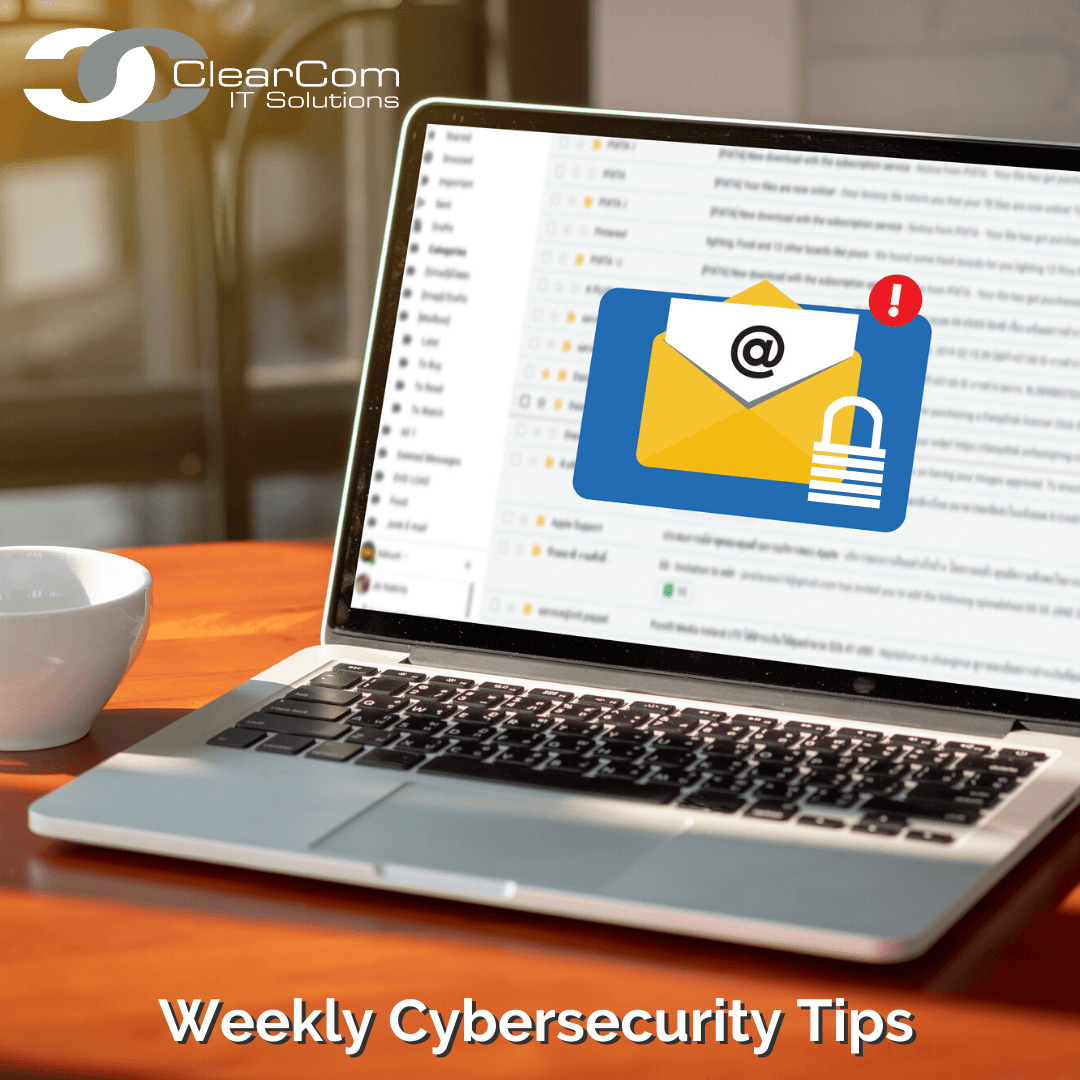 As we step into the summer season, it’s crucial to remember that even a well-deserved break can pose cybersecurity risks, especially if you’re a high achiever who tends to stay connected. Whether you’re checking emails from a sunny beach, catching up at a local coffee shop, or traveling for business, working outside the office can expose you to serious cybersecurity threats.
As we step into the summer season, it’s crucial to remember that even a well-deserved break can pose cybersecurity risks, especially if you’re a high achiever who tends to stay connected. Whether you’re checking emails from a sunny beach, catching up at a local coffee shop, or traveling for business, working outside the office can expose you to serious cybersecurity threats.
If you or your team plan to stay connected while on vacation, practicing strong cybersecurity habits is crucial to avoid exposing your company’s network to hackers. Here are some key best practices to keep your data safe:
- Use A Virtual Private Network (VPN): A VPN encrypts your internet connection, keeping your data safe even on public Wi-Fi. Set up a VPN on your devices before you leave and use it whenever you’re online.
- Keep Your Devices Updated: Before you head out, ensure your devices run the latest software and security patches. Using outdated software leaves your system vulnerable to cyberattacks.
- Be Wary of Public Wi-Fi: Public Wi-Fi networks can be a goldmine for cybercriminals. Avoid using these networks when possible, and if unavoidable, ensure you’re connected to your VPN.
- Enable Two-Factor Authentication (2FA): Enhance your security by using 2FA, which requires a second verification step, such as entering a code sent via text or email or using your fingerprint. Enable 2FA for all critical accounts before your trip.
- Beware Of Phishing Attempts: Travelers are often targeted with phishing emails designed to steal sensitive information. Be cautious of emails received while on vacation, and don’t click on suspicious links or download unknown attachments.
- Secure Your Devices: Always keep your devices with you, and never leave them unattended in public places. Use password protection, biometric authentication, and remote wiping capabilities in case you lose your device.
Remember, cybersecurity should never take a vacation. By following these best practices, you can reduce the chances of a data breach.



 ClearCom IT Solutions, Inc. Celebrates Eighth Consecutive Win in Channel Features MSP 501 Awards
ClearCom IT Solutions, Inc. Celebrates Eighth Consecutive Win in Channel Features MSP 501 Awards